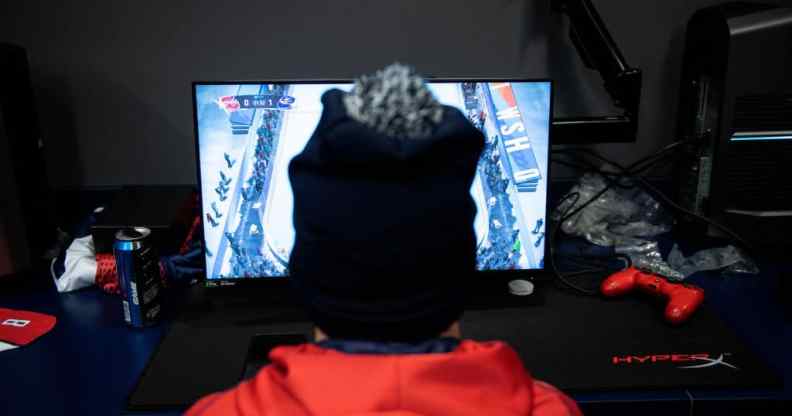Anti-woman, anti-Black and anti-Asian harassment is on the rise in online gaming

US esports player.(Getty Images)
A new study suggests that identity-based harassment is on the rise in online gaming.
As reported by gamesindustrybiz, the study comes from the Anti-Defamation League and Newzoo, covering more than 2,200 US gamers up to the age of 45 who play online multiplayer games.
Of those surveyed, 83 per cent of adults reported being harassed online in the past six months, while 60 per cent of teens said the same.
Identity-based harassment is, sadly, the most common.
Harassment aimed at women is the most common and has risen from 41 per cent of women last year, to 49 per cent this year.
Other minority groups seeing a rise in harassment since last year are Black players (a rise from 31 per cent to 42 per cent) and Asian players (a rise from 26 per cent to 38 per cent).
This harassment is occurring despite 37 per cent of people from minority groups always hiding their identity online, and another 37 per cent saying they sometimes hide their identity.
The games that foster the most toxic environments are Valorant and Dota 2, with 79 per cent and 78 per cent of players respectively reporting harassment.
Both Riot Games (Valorant) and Blizzard (Dota 2) are facing sexual harassment lawsuits, perhaps suggesting that company culture has permeated the fanbase of their games.
At the other end, Minecraft has the least toxic community (though it’s still at 46 per cent of players reporting harassment), while Rocket League has seen the most improvement with 59 per cent of players reporting harassment versus 76 per cent last year.
As a result of in-game harassment, 27 per cent of players have quit playing certain games, up from 22 per cent last year.
To combat this online gaming harassment, the ADL recommends game publishers be more transparent in the harassment in their communities and submit reports to independent audits of their content moderation practices.
In addition, an ESRB-like audit to give people metrics about toxicity and extremism in online games would allow players to make more informed decisions about the games they play.
Lastly, they advise that games require better content moderation tools for voice chat and reporting systems, with a preference for real-time support for severe harassment.
For more gaming news, follow Gaymeo on Facebook and Twitter. You can also email us with any news or tips on [email protected]

